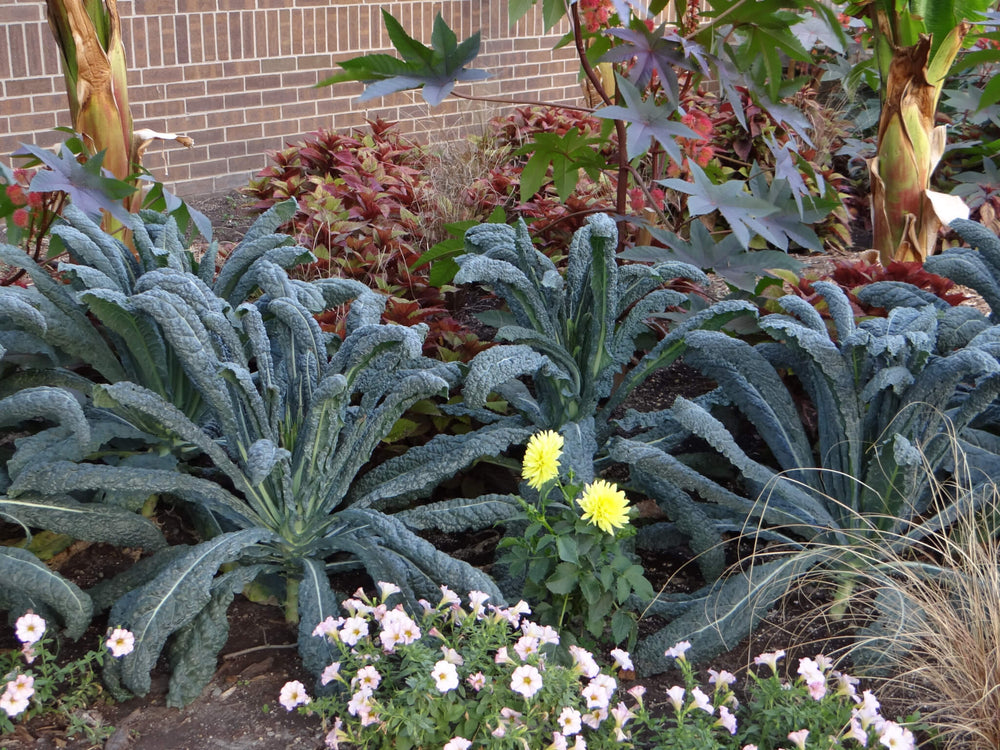
Do you know that strengthening your immune system and protecting your health can be as easy as eating colorful, homegrown veggies? While adding a rainbow of produce to your diet offers lots of health benefits, some fruits and vegetables rise to the top of the list for their high levels of antioxidants.
Why is that so important? Antioxidants are substances that may protect cells against damage from "free radicals," which are molecules that can trigger cell and tissue damage through a process called oxidation. Cell damage can lead to many types of diseases, including cancer, cardiovascular disease, diabetes, Alzheimer's, and more. But here's the good news: A diet of antioxidant-rich food can help minimize the impact of free radicals.
Everyone wants to stay healthy, so growing a vegetable garden filled with antioxidant-rich Bonnie Plants® makes good sense—especially since Bonnie has been growing the best veggie varieties for home growers for over 100 years. Plus, caring for a garden doesn't just provide you with delicious, homegrown food, but it's a great way to relieve stress, too! So, go ahead and add these 10 top antioxidant-packed fruits and veggies to your garden plan.
Kale
Heralded as a super food, kale is one of the most nutritious greens—and one of the easiest to grow in your garden. Rich in vitamins A, K, and C, kale also contains extremely high levels of antioxidants, with red and purple varieties containing nearly double the antioxidants of green kale. It's also a terrific source of calcium, an important mineral for bone health. Plant gorgeous Purple Kale*, or, for a compact green kale that works equally well in containers and garden beds, try Prizm Kale**.
Strawberries
Not only are they delicious, but super sweet strawberries pack a punch against free radicals. They're a rich source of vitamin C and antioxidants and contain ellagic acid, a phytochemical that may help protect cells against cancer. Strawberries also contain anthocyanins (the blue, red, or purple pigment found in plants) which may reduce the risk of heart disease by minimizing the levels of "bad" LDL cholesterol and raising the "good" HDL cholesterol. Try Sweet Berry Strawberry*, highly productive berries that not only taste amazing, but also look gorgeous in the garden, with unique deep-pink, double flowers. Plant them in containers, hanging baskets, or in-ground for strawberries all season long.
Spinach
Your parents were right: Eat your spinach! As one of the most nutritionally dense vegetables, spinach is loaded with vitamins, minerals, and antioxidants. It's also a great source of lutein and zeaxanthin, two antioxidants thought to protect eyes from damaging UV light and perhaps even prevent macular degeneration. An easy-to-grow cool season crop, homegrown spinach is delicious in salads, quiches, and smoothies.
Beets
Who knew the humble beet contained so much goodness in such a small package? Full of fiber, potassium, iron, folate, and antioxidants, beets make a perfect choice for a healthy homegrown harvest. They contain a group of antioxidants called betalains, which give beets their reddish color and are linked to lowering the risk of cancers in the colon and digestive tract. Beets also contain a compound that may help reduce inflammation. One variety definitely worth growing: Better Than Schrute's Baby Beets*, a petite beet that's packed with fabulous flavor. It matures in only 40 days, so you can start adding antioxidants to your diet ASAP.
Broccoli
Full of cancer-fighting antioxidants, broccoli is an excellent cool season crop to grow in your garden. In fact, a study published in Molecular Nutrition and Food Research found that men who ate five servings or more per week of cruciferous vegetables like broccoli were half as likely to develop bladder cancer over a 10-year period, compared with those who rarely ate the veggies. Plus, homegrown broccoli tastes great! While traditional heading varieties offer a one-time harvest, try a gourmet variety like Artwork Stir-Fry Broccoli**. Instead of using its energy to create one large head, the plant produces high yields of tender, dark green side shoots with bite-sized heads and long, edible stems—perfect for stir fries and snacks.
Red Bell Peppers
Heavy on vitamin C but light on calories, red bell peppers offer a sweet, crunchy package filled with nutritional goodness. In fact, a single red bell provides more than 150 percent of the recommended daily value of vitamin C, a common antioxidant that can help ward off atherosclerosis, which can lead to heart disease. Delicious in salads, stuffed, grilled, roasted, on pizza—red bell peppers are as versatile as they are good for you.
Eggplant
Pretty, glossy globes of deep purple or lavender eggplant look lovely in the garden, but don't think that makes them lightweights when it comes to boosting your health. These veggies are rich in an antioxidant called chlorogenic acid that can help protect against the build-up of plaque on artery walls, which can lead to heart disease. The antioxidants in eggplant can also help lower cholesterol, reducing the risk of high blood pressure. Try traditional, multipurpose Black Beauty Eggplant, a variety that's perfect for a wide variety of dishes. Or if you garden in a small space (like a balcony), try growing the petite Patio Baby Mini Eggplant in a container.
Brussels Sprouts
Not only are Brussels sprouts packed with antioxidants, but they also taste amazing when harvested fresh and roasted in the oven. Plus, they look really cool growing in the garden! Brussels sprouts are high in vitamin C and contain the plant-derived compounds sulforaphane and isothicyanates, which release antioxidants that may help detoxify cancer-causing substances in the body before they cause damage. Brussels sprouts are cool season crops—plant them at the same time as cabbage, cauliflower, kale, and broccoli.
Red Cabbage
Rich in anthocyanins (the antioxidant that gives veggies their reddish color), red cabbage is also a great source of vitamins C, K, and A. The antioxidants in red cabbage play a role in helping reduce inflammation, guard against heart disease, and even protect against some cancers. How it's prepared matters: Boiling or stir-frying red cabbage increases the antioxidant profile, while steaming actually reduces it by nearly 35 percent. Plant red cabbage with your other cool season crops.
Collard Greens
A "Southern" veggie that's gaining popularity around the country, fiber-rich collard greens (aka collards) are filled with good stuff. They're a solid source of folate, calcium, vitamins A, K, C, and E, and alpha-lipoic acid, an antioxidant that's known for lowering glucose levels and increasing insulin sensitivity (a good thing). These antioxidants can also help prevent certain cancers, promote heart health, and reduce inflammation. Try pretty, ruffled, blue-green Georgia Collards in your cool season garden.
Not only will you reap lots of healthy rewards when you fill your garden with antioxidant-rich veggies, but you'll also experience the empowerment of growing your own delicious garden-to-table meals. Bon appetit!
*part of the Foodie Fresh line, available exclusively at Lowe's
**part of the Harvest Select line, available exclusively at The Home Depot
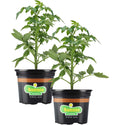
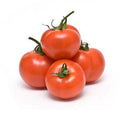


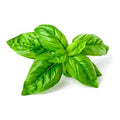 Herbs
Herbs
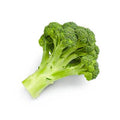 Vegetables
Vegetables
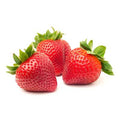 Fruit
Fruit
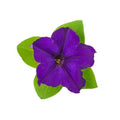 Flowers
Flowers
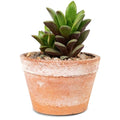 Succulents
Succulents
